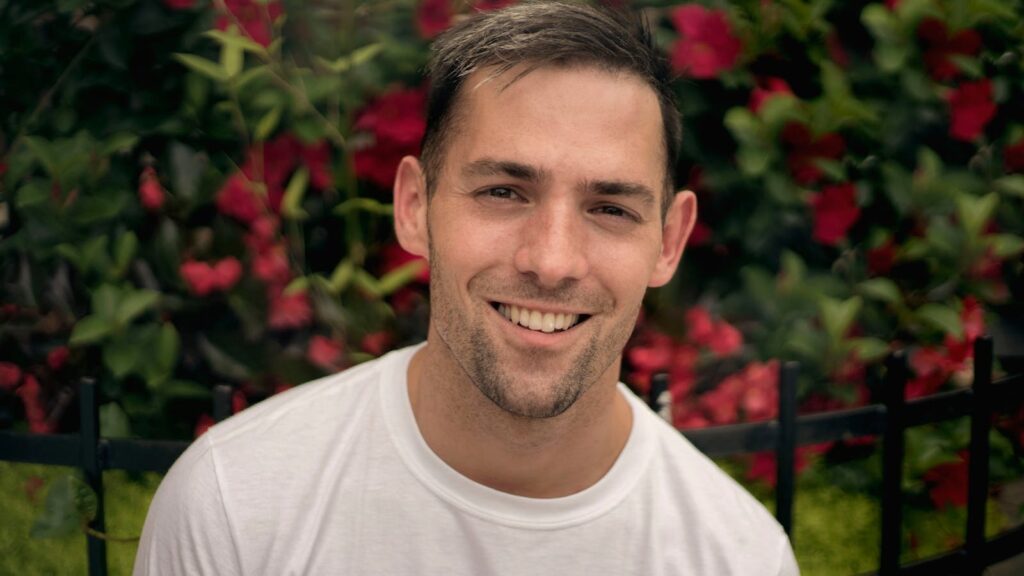Lifestyle
15 Ways Emotionally Intelligent People Handle Difficult Situations

Difficult situations are inevitable. While some people react impulsively or let their emotions take control, emotionally intelligent individuals handle challenges with composure, self-awareness, and strategic thinking. Here are 15 ways emotionally intelligent people handle difficult situations and come out stronger.
They Pause Before Reacting

Emotionally intelligent people don’t immediately react when faced with a difficult situation. Instead of letting emotions dictate their response, they take a deep breath and assess the situation. This short pause allows them to think rationally, process their emotions, and choose a measured response instead of saying or doing something they might regret.
They Regulate Their Emotions Instead of Suppressing Them

Rather than ignoring or suppressing their emotions, emotionally intelligent people acknowledge and manage them effectively. They recognize that emotions like anger, sadness, or frustration are natural reactions but should not control their behavior. They use healthy coping strategies such as deep breathing, mindfulness, or even stepping away from a situation to process their feelings before taking action.
They Focus on What They Can Control

Difficult situations often come with frustrations, setbacks, or conflicts beyond one’s control. Emotionally intelligent individuals don’t waste energy dwelling on what they can’t change—instead, they shift their focus to actions they can take. Whether it’s adjusting their response, creating a plan, or reframing their mindset, they take ownership of their reactions and move forward productively.
They Don’t Take Things Personally

Emotionally intelligent people understand that not everything is about them. When faced with criticism, rejection, or rude behavior, they remind themselves that other people’s actions are often a reflection of their own issues, not a personal attack. Rather than becoming defensive, they analyze whether feedback is constructive or simply someone else projecting their frustrations.
They Listen More Than They Speak

During conflicts or difficult conversations, emotionally intelligent individuals prioritize listening over speaking. Instead of formulating their response while the other person is talking, they focus on understanding their perspective first. By actively listening and acknowledging the other person’s feelings, they de-escalate tension, avoid misunderstandings, and create a space for productive dialogue.
They Stay Open to Different Perspectives

Difficult situations often involve clashing viewpoints or misunderstandings. Instead of shutting down or getting defensive, emotionally intelligent people are curious about other perspectives. They ask questions, challenge their own assumptions, and try to see the bigger picture. They recognize that their way of thinking isn’t always the only way and that seeking to understand rather than to “win” leads to better resolutions.
They Use Empathy to De-Escalate Tension

Empathy is one of the most powerful tools in handling difficult situations. Emotionally intelligent people put themselves in the other person’s shoes, trying to understand their emotions, motivations, and struggles. By acknowledging and validating someone’s feelings, they reduce defensiveness, diffuse hostility, and create a more cooperative atmosphere.
They Reframe Challenges as Learning Opportunities

Rather than seeing difficulties as purely negative, emotionally intelligent people shift their perspective to view them as lessons. They ask themselves, What can I learn from this? How can this situation help me grow? This mindset helps them stay resilient, adaptable, and solution-focused instead of feeling defeated by challenges.
They Don’t Let Stress Control Their Actions

Stress is unavoidable, but letting it dictate decisions leads to impulsive, irrational behavior. Emotionally intelligent individuals develop healthy coping mechanisms to manage stress, such as meditation, exercise, deep breathing, or talking things through with a trusted person. Instead of letting stress overwhelm them, they find ways to regain control over their emotions and maintain clarity under pressure.
They Set Healthy Boundaries

Handling difficult situations doesn’t mean absorbing everyone else’s negativity. Emotionally intelligent people know when to step back and set firm yet respectful boundaries. Whether it’s saying no to unreasonable demands, refusing to engage in toxic arguments, or distancing themselves from unhealthy relationships, they protect their mental and emotional well-being while still being kind and considerate.
They Stay Solution-Oriented

Instead of dwelling on the problem, past mistakes, or assigning blame, emotionally intelligent people redirect their energy toward finding solutions. They analyze the situation, consider multiple perspectives, and brainstorm possible outcomes. They don’t waste time complaining or fixating on what went wrong—instead, they focus on what they can do to improve or resolve the issue.
They Know When to Walk Away

Not every battle is worth fighting, and emotionally intelligent people recognize when a situation is unproductive, toxic, or beyond fixing. They understand that some conflicts will never be resolved and that removing themselves from negativity is sometimes the best decision.
They Ask for Help When Needed

Rather than letting pride get in the way, emotionally intelligent people know the value of getting support. Whether it’s reaching out to a mentor, therapist, or trusted friend, they recognize that asking for help is a sign of strength, not weakness. They understand that no one has all the answers, and sometimes, a fresh perspective or expert advice is the key to handling a tough situation effectively.
They Keep Their Self-Worth Separate from Failure

Difficult situations sometimes result in failure, but emotionally intelligent people don’t let setbacks define their self-worth. They understand that failing at something doesn’t mean they are failures. Instead of dwelling on mistakes, they analyze what went wrong, learn from the experience, and move forward with a growth mindset.
They Choose Their Battles Wisely

Not every difficult situation requires a fight and emotionally intelligent people assess whether engaging is worth their time and energy. If a conflict won’t lead to a productive resolution, they let it go rather than wasting effort on unnecessary stress. They know that sometimes, maintaining peace of mind is more important than proving a point.

